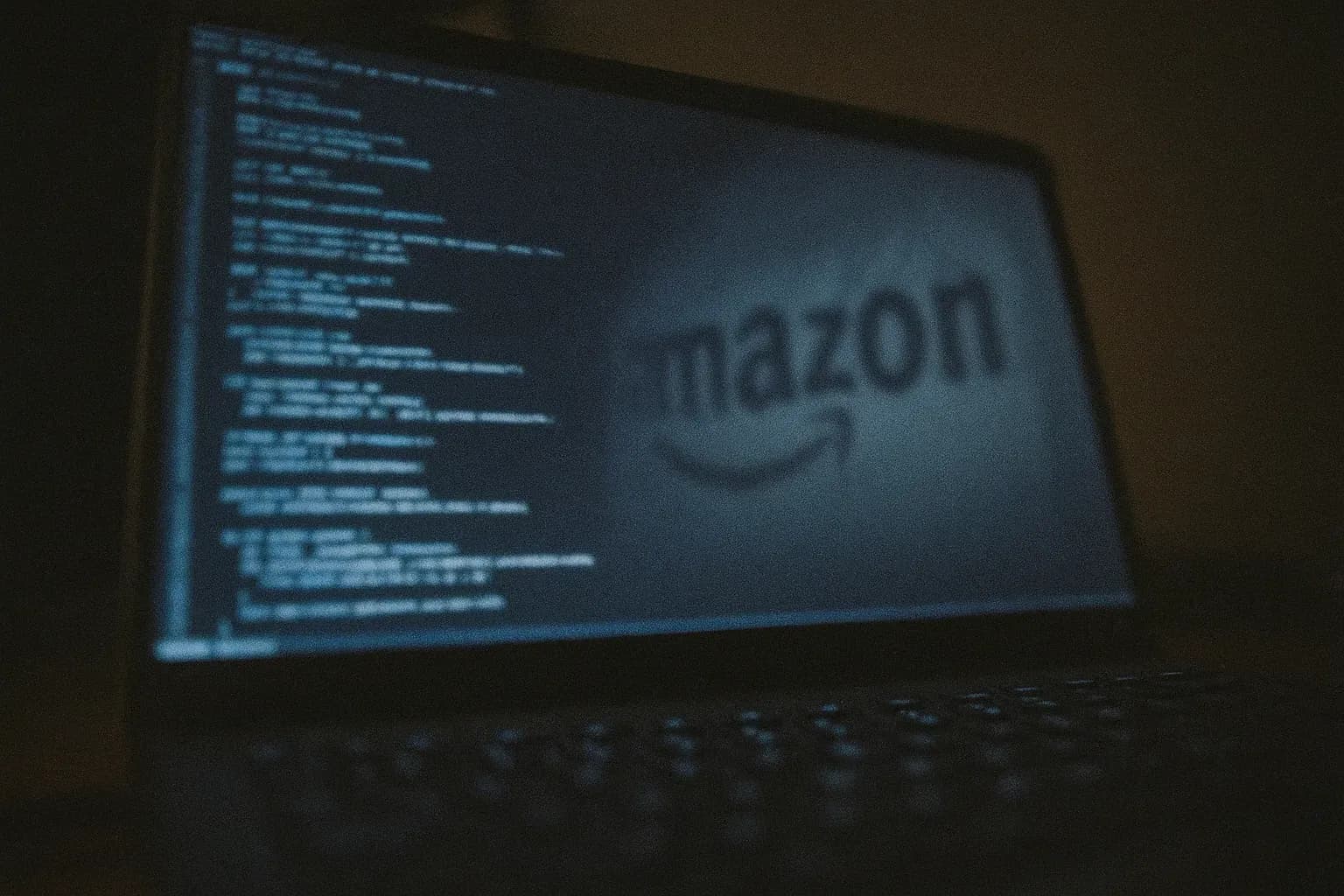Twitch Leak 2021: Streamers' Million-Dollar Revealed

Sagsdetaljer
Quick Facts
Shocking Leak: Source code exposed, 4chan hack
A digital [Internal Link Placeholder] rocked the [Internal Link Placeholder] world on October 6, 2021. An anonymous hacker carried out an extensive [Internal Link Placeholder] attack and leaked a massive amount of data from the platform Twitch on the message board 4chan. The leak, a [Internal Link Placeholder] of a full 125 GB, included Twitch's source code, internal security tools, and the precise payout information for the platform's top streamers. This act not only revealed critical vulnerabilities in Twitch's infrastructure but was also, according to the hacker, an attack on the toxic [Internal Link Placeholder] within certain online communities. The incident cast an unforgiving light on the often-hidden economy behind the popular streaming platform. Twitch, owned by Amazon, later confirmed that the data breach was due to a misconfigured server that had enabled unauthorized access to internal systems via the [Internal Link Placeholder].
Twitch economy: Top streamers earned millions
Since its launch in 2011, Twitch had cemented its position as the leading platform for [Internal Link Placeholder] video games and other creative content. With millions of users and streamers globally, Twitch was a vital hub in the digital economy, where fans support creators through subscriptions, donations, and ad revenue. The leaked [Internal Link Placeholder], in the form of internal documents, provided a shocking and unprecedented insight into this lucrative economy. The figures revealed that the top 100 highest-paid Twitch streamers, including well-known names like CriticalRole, xQcOW, and summit1g, had collectively received over $300 million directly from the platform between August 2019 and October 2021 – an amount that didn't even include external income from personal sponsorships and merchandise.
Disaster prelude: AWS keys and 'Vapor' leaked
The first indications of the impending [Internal Link Placeholder] at Twitch emerged on October 1, 2021, when the hacker presumably began compressing the data. Four days later, Twitch received internal alerts about potential unauthorized activity. However, the gravity of the situation only became fully clear on October 6, when a torrent link to the enormous amount of stolen data was publicly disseminated via the [Internal Link Placeholder]. This [Internal Link Placeholder] attack revealed far more than just Twitch's source code; the leak also included confidential keys for Amazon Web Services (AWS), database connections, and even documentation for a previously secret game project from Amazon Game Studios named 'Vapor'.
Crisis management: Stream key reset and errors
Twitch responded promptly to the public disclosure of the [Internal Link Placeholder]. That same evening, just hours after the leak became a reality in various [Internal Link Placeholder] outlets, Twitch confirmed the incident via a tweet and initiated an internal investigation. Within 24 hours, all stream keys were reset – a critical security measure to prevent further misuse and [Internal Link Placeholder] of streamers' channels. On October 15, Twitch published a more in-depth report identifying a misconfigured server as the direct cause of the [Internal Link Placeholder] attack. Specifically, an AWS S3 bucket, part of their Amazon Web Services infrastructure, had been erroneously configured with public read access. This critical system error had allowed the hacker to exfiltrate over 200 GB of data, including thousands of internal documents and sensitive information such as API keys and access tokens for third-party services.
User data protected: Bcrypt saved Twitch
Despite the extensive [Internal Link Placeholder], Twitch avoided the worst-case scenario for user data, thanks to certain security measures already in place. The platform's use of strong [Internal Link Placeholder] hashing with bcrypt for password protection ensured that even though a number of users' [Internal Link Placeholder] addresses were compromised, their actual [Internal Link Placeholder] [Internal Link Placeholder] protected. Additionally, Twitch did not store full credit card information, which significantly reduced the risk of direct financial loss for users and lessened fears of widespread [Internal Link Placeholder].
Consequences: Private finances and image loss
The consequences of the Twitch leak were nonetheless significant and caused a stir both within the [Internal Link Placeholder] community and among the public. For the affected streamers, the publication of their private payout information sparked outrage. Well-known personalities like Pokimane and Ninja, whose incomes had previously [Internal Link Placeholder] confidential, had to watch their financial details be shared and debated on social [Internal Link Placeholder]. This sudden exposure triggered an intensified discussion about privacy in the digital age and the enormous pressure on [Internal Link Placeholder] content creators. For Twitch as a company, this [Internal Link Placeholder] and the ensuing [Internal Link Placeholder] resulted in severe image damage. Analyses indicated a 37% drop in the trust barometer in the weeks following the incident, although Twitch avoided potential GDPR fines due to prompt reporting and the fact that the damage to sensitive personal data was considered limited. The entire affair painfully exposed the inherent vulnerability of complex technological infrastructures, where a single human or systemic error can compromise an entire system.
Future security: Zero Trust and MFA adopted
In direct response to this serious [Internal Link Placeholder], Twitch implemented a series of enhanced security measures. These included stricter access control based on Zero Trust principles, widespread use of multi-factor authentication (MFA), and more frequent security reviews. The [Internal Link Placeholder] episode also spurred the adoption of AI-based threat detection systems in cloud environments and motivated numerous other tech companies to proactively reassess their own systems' vulnerabilities. The 2021 Twitch leak, one of the most sensational data breaches in recent times, continues to serve as a stark reminder to the entire tech industry of the critical importance of robust cloud security. It underscores the far-reaching consequences that human fallibility and systemic weaknesses can have in a world increasingly reliant on digital platforms and the [Internal Link Placeholder].
Sources:
Interested in tech crime and major data breaches? Follow KrimiNyt for in-depth analyses of the real-life digital underworld.
Susanne Sperling
Admin